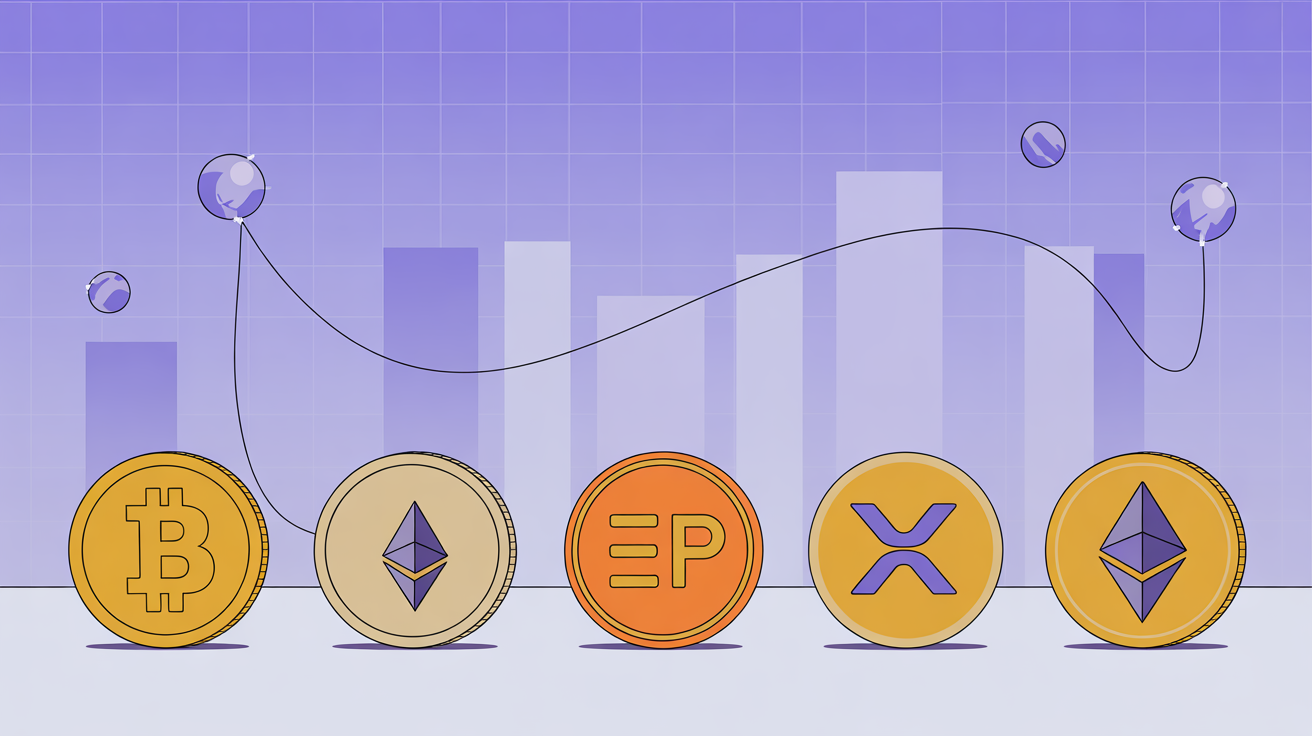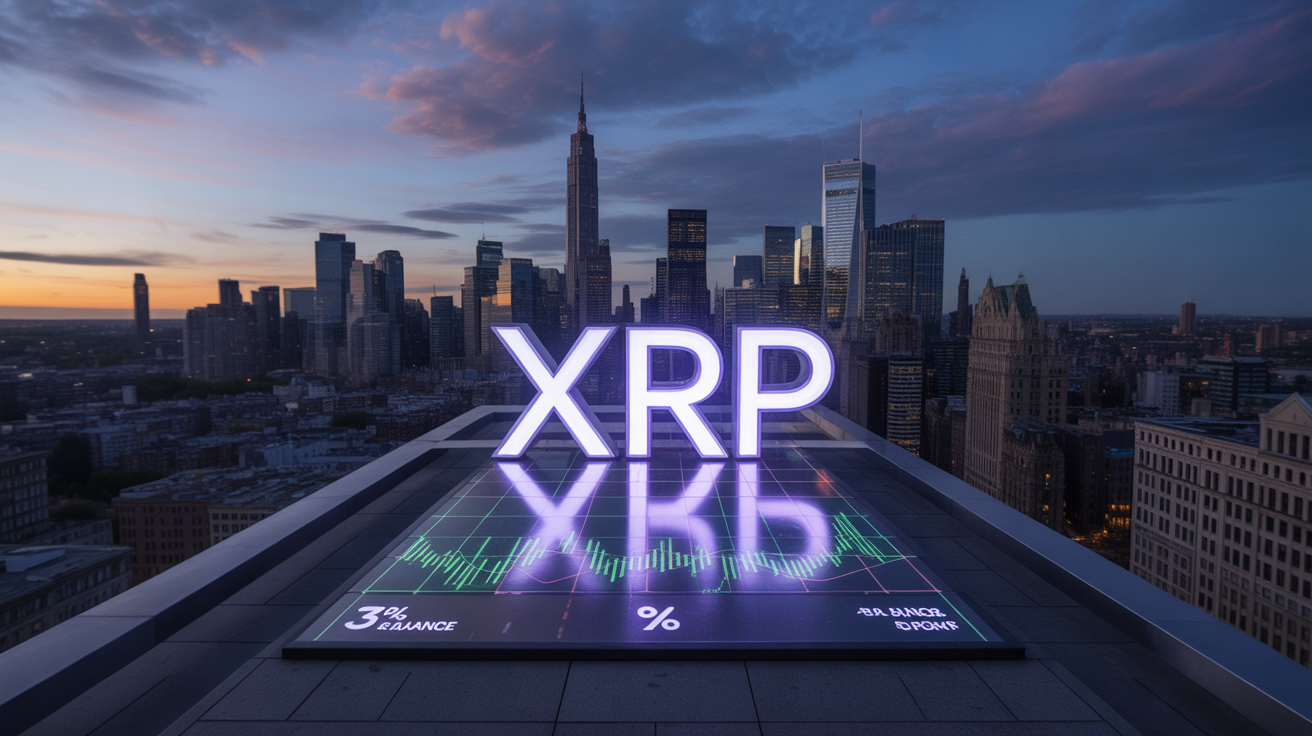Institutional Bitcoin Buying Slows as DAT Inflows Drop Sharply
The pace of bitcoin accumulation by digital asset treasuries (DATs) has slowed significantly, potentially contributing to the recent pause in BTC’s bull run. Although more firms are adopting bitcoin for their treasuries, overall inflows have dropped sharply.
According to BitcoinTreasuries.net, the seven-day moving average of daily DAT inflows recently fell to 140 BTC, the lowest since mid-June, down dramatically from a July peak of 8,249 BTC. This October, 12 of 15 days saw less than 500 BTC flow into DATs, with several days showing no inflows at all.
The slowdown reflects a waning appetite for BTC exposure through traditional treasury vehicles after a period of aggressive buying earlier in 2025, which had helped prop up BTC prices. Bitcoin itself has cooled from an all-time high of $126,000 on October 6 to around $110,000, trading in a broad range since June as bullish optimism competes with profit-taking.
DATs: Strategy, Appeal, and Risks
The DAT model, popularized by firms like Strategy, follows a long-established strategy: borrowing fiat to acquire scarce assets. Bitcoin’s fixed supply of 21 million coins and strong decade-long performance have attracted corporate treasuries looking to hedge inflation and diversify reserves. Collectively, the top 100 public DATs by market value have accumulated over 1 million BTC.
However, like gold, bitcoin does not generate yield, meaning coins purchased with borrowed funds remain idle on balance sheets. DATs rely on capital gains from price appreciation, often financing acquisitions by issuing stock above net asset value (NAV) and raising debt. NYDIG calls this a “memetic premium,” driven by the reputation of the company or its figurehead.
This approach carries inherent risk: if the premium collapses or investors sell shares, market valuations can fall below NAV. Currently, roughly one in four publicly traded DATs trade below NAV, meaning the market values them less than the crypto they hold. NYDIG also notes that these premiums correlate closely with BTC prices, so any bitcoin downturn could further erode investor confidence and DAT valuations.












